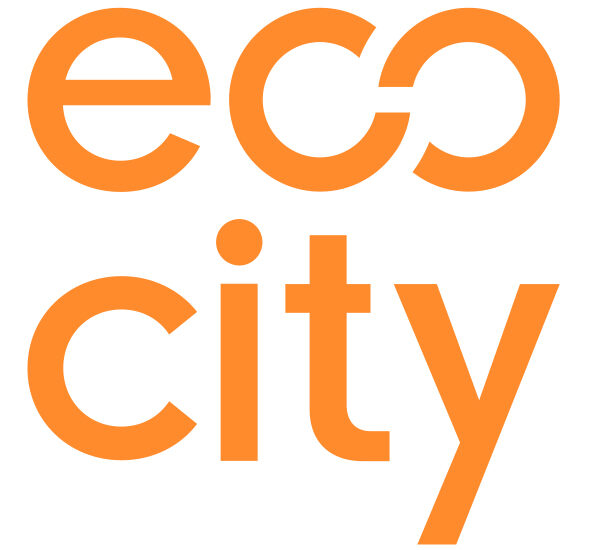What does Eco City Wünsdorf has to do with Berlin? Why does the project not arise in the crisis regions?
The Berlin-Brandenburg region has the advantage of having an intensive research landscape with numerous research institutions relevant for the development of the project (e.g. PIK Potsdam, IÖW Berlin) and at the same time being the location of government institutions, important NGOs and supranational IGOs. There is a comparatively innovative population in Berlin that wants innovative projects, Berlin is young and dynamic (European election result: Bündnis 90/ die Grünen had the highest election result in Germany: 33%) and there is the infrastructure and resources to build a model, laboratory and educational city.
